Formula 1®
DHL Fastest Pit Stop Award: 2016 FORMULA 1 PIRELLI CHINESE GRAND PRIX
So, for the third time in a row, Williams achieved the fastest pit stop of the race - twice for Massa, once for his teammate Valtteri Bottas. However, the Ferrari pit crew were hard on their heels in China. The Scuderia completed their fastest stop of 2.29 seconds for Sebastian Vettel - the second fastest stop of the Grand Prix. Third place went to Red Bull Racing, who serviced Daniel Ricciardo's RB12 in 2.44 seconds.
In all, there were 66 pit stops in a dramatic 2016 FORMULA 1 GRAND PRIX PIRELLI CHINESE. Of course, some of them were for repair purposes, such as the exchange of a damaged front wing, because of the many battles and contacts, especially during the early stages of the race. By way of comparison, there were 38 pit stops in China in the normal course of the race last year.
29 pit stops under three seconds
Of the 66 stops in total, the pit crews on Sunday completed 29, so nearly half of them, in less than the benchmark time of three seconds - a fantastic achievement that is only possible through the perfect combination of precision, teamwork and speed. You see, in a Formula 1 pit stop, Great is in the detail.
In planning pit stops, strategists needed to take into account that the speed limit of 80 km/h in the pit lane at the Shanghai International Circuit applies to some 382 meters, requiring 17.2 seconds to cover that section. Last year's winning strategy was a two-stopper on Lap 14 and 33.
The best strategies, however, went out of the window only a few meters after the start of the third race of the 2016 season. There were several contacts in the first turn, including one between the two Ferrari drivers Sebastian Vettel (which Daniil Kvyat dodged) and Kimi Räikkönen. World champion Lewis Hamilton was also involved in a collision during the jockeying for position at the start and had to come straight into the pits to change his front wing.
Mercedes try strategy dodge for Lewis Hamilton
While teammate Nico Rosberg serenely cruised to his third win of the season, utilizing his scheduled two-stop strategy (stops on laps 20 and 36), Mercedes tried a strategy dodge for Hamilton to move him up through the field closer to a podium.
The team fetched him into the pits for a second time during the safety car period on Lap 5 to switch to the super-soft tires. The three-time champion made a third stop just one lap later to go back onto softs. This dodge was not a complete success, however.
"Under the safety car, we chose to perform consecutive pit stops with Lewis to get rid of the SuperSoft and enable us to run the rest of the race on the Soft, which was the stronger race tire," said Paddy Lowe, Executive Director (Technical). "As it transpired, his first set of softs were cut from the first corner incident - something we were unaware of at the time - which meant we were then forced to run the medium at the end of the race, rendering our SuperSoft eliminating tactic redundant." As you see, it all depends on the smallest details in Formula 1.

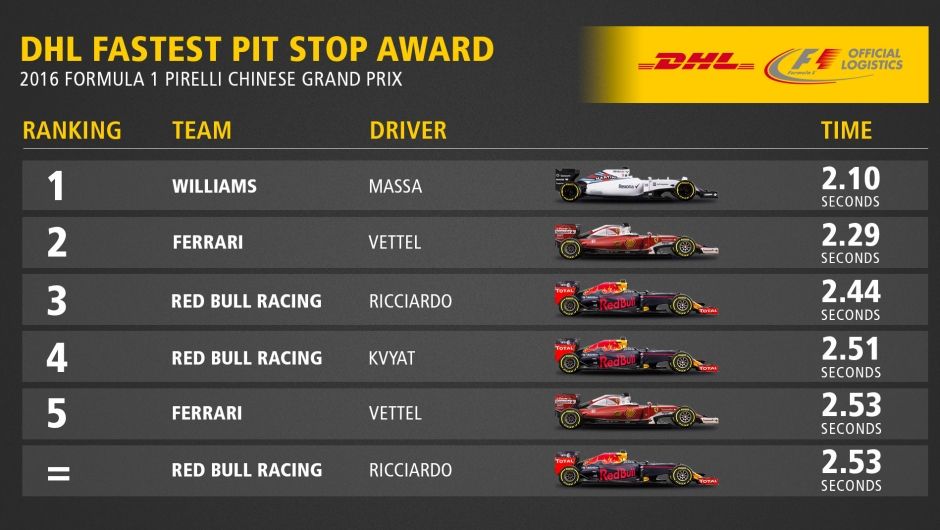
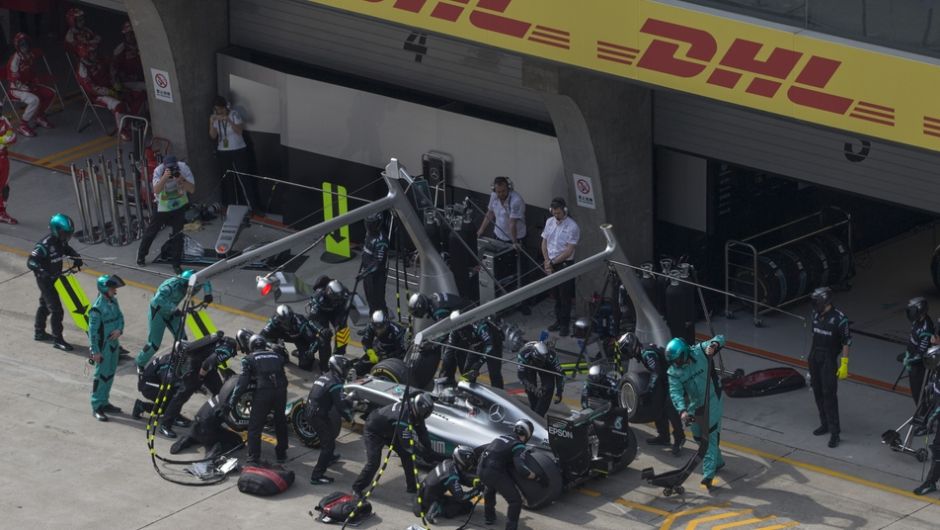
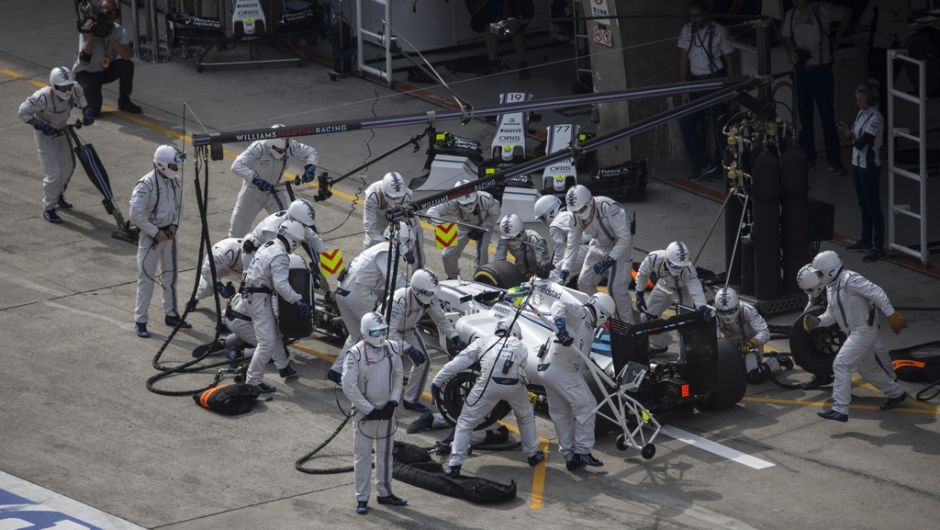
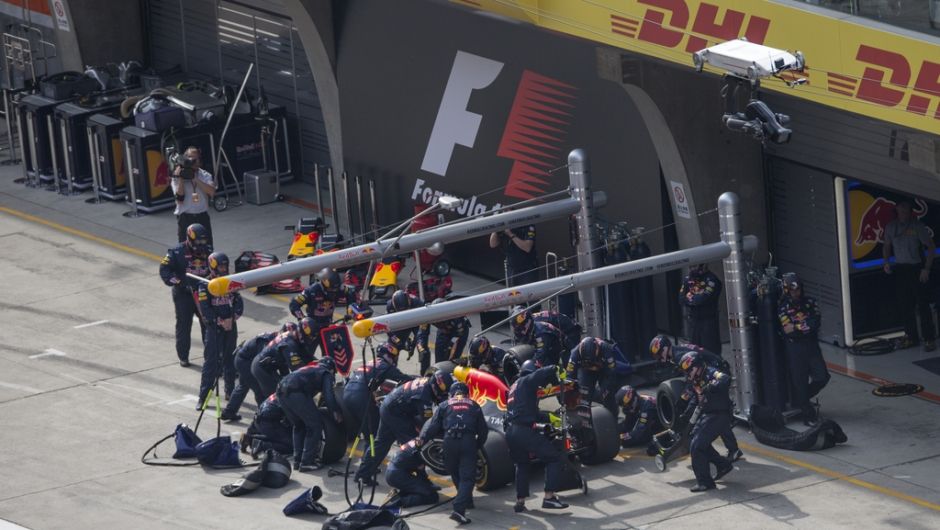
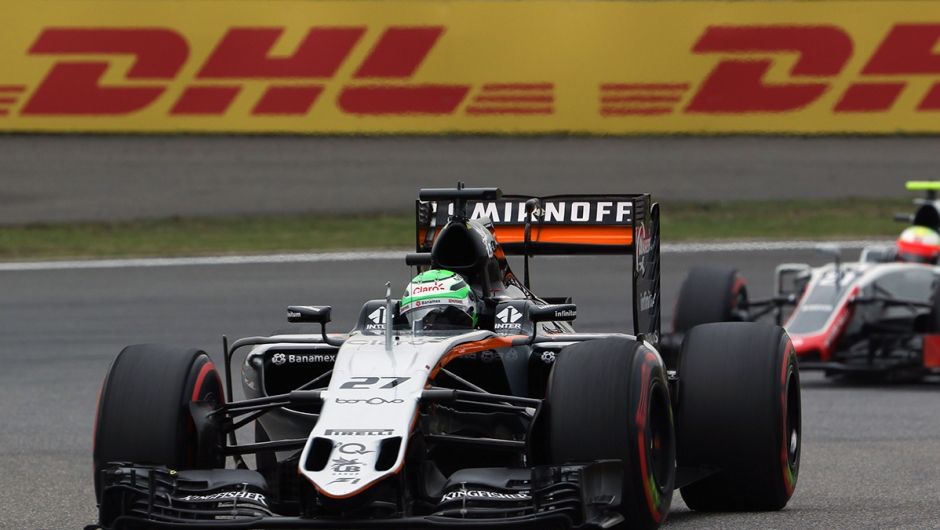
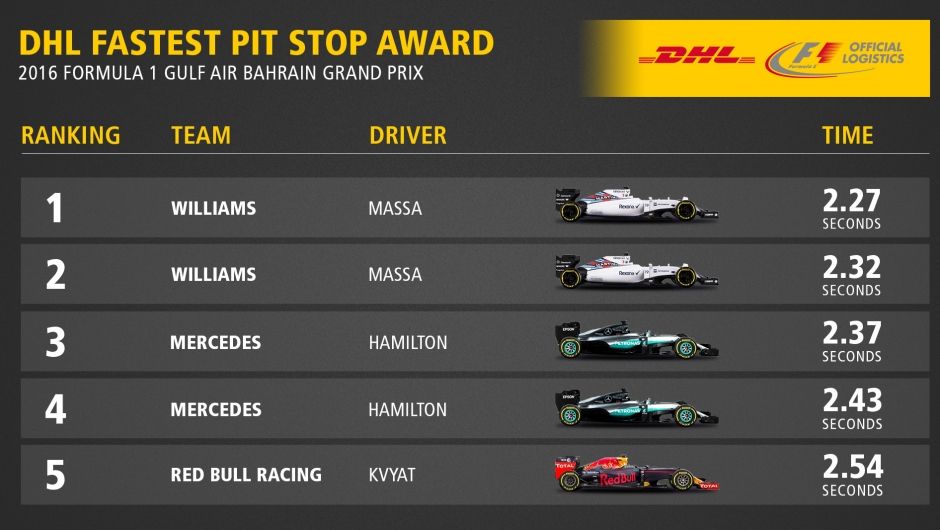
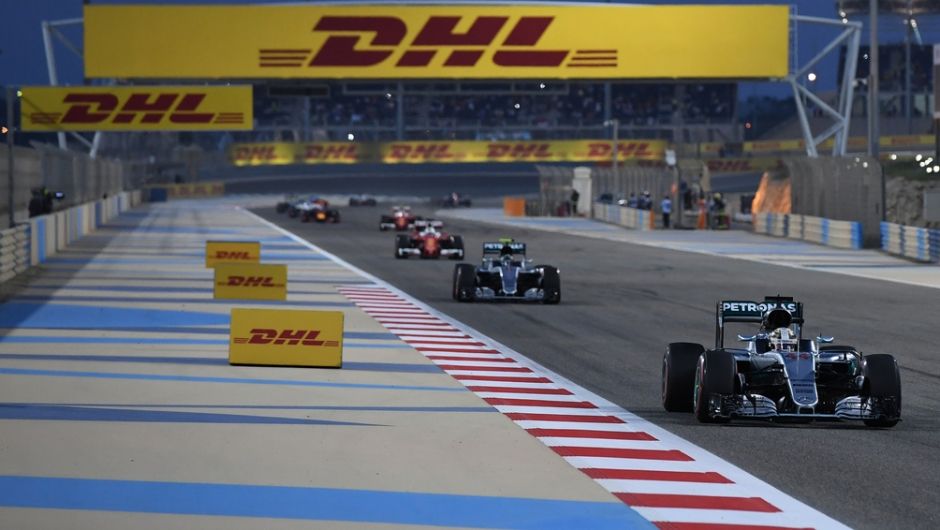
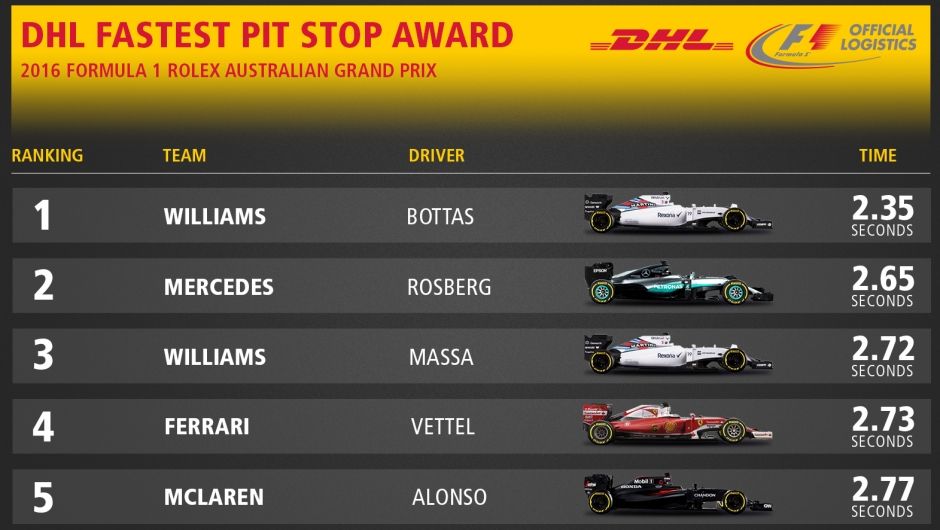
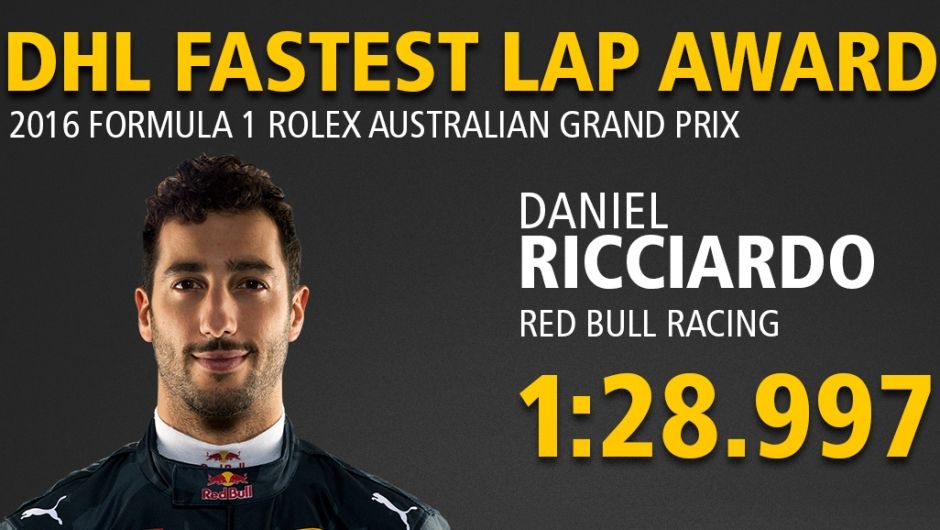
Content from disqus has been blocked because you did not allow to load it.
Loading the blocked content will adjust your privacy setting and content from this service will not be blocked in the future.
You have the right to revoke or change your decision at any time.
Posting Guidelines
All communications on Logistics of Things should be appropriate for a professional community, respecting the diverse views of individuals from different backgrounds. We will review all comments and reserve the right to terminate or restrict access to user's account and to delete any content posted through it, without notice and at our discretion, if we deem it to be overly promotional, offensive, or off topic.
All posting become property of DHL.